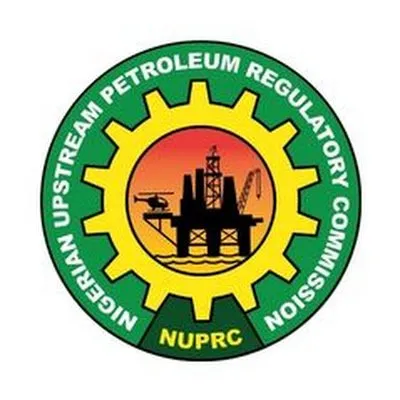Experts and civil society representatives have commended the Nigerian Upstream Petroleum Regulatory Commission (NUPRC) for driving transparency in the implementation of the Petroleum Industry Act (PIA).
They described the Commission under Gbenga Komolafe’s leadership as key to realising President Bola Tinubu’s Renewed Hope agenda in the oil and gas sector.
This commendation was made during a one-day stakeholder forum held in Warri, Delta state, with the theme: “Situation Room on Monitoring of PIA”.
The event was organised by the Centre for Social Justice, Equity and Transparency (CESJET) in partnership with Shafana Enterprises Limited.
The forum brought together policy experts, petroleum law scholars, traditional rulers, students and civil society groups to assess the implementation of the PIA and identify opportunities to strengthen transparency, regulatory oversight, and community engagement.
Speaking, Dr. Henry Efemona Idudje of the Federal University of Petroleum Resources, Effurun, said NUPRC has emerged as a stabilising force in the petroleum sector, adding that it has made significant strides in implementing the transparency provisions of the PIA.
“Under Komolafe, the Commission has taken visible steps to end the era of opaque regulation in the upstream sector. From transparent licensing rounds to clearer fiscal disclosures, we are seeing improvements in how the sector is managed,” Idudje said.
He added that effective implementation of the PIA could unlock long-term investments and reduce tensions in oil-producing regions if transparency is sustained.
Also, in an address at the forum, Dr. Arisabor Lucky, a petroleum law expert from the same university, said the legal and institutional frameworks of the PIA are being strengthened by the Commission’s “visible commitment to due process and accountability”.
According to him, “The law is only as effective as its enforcers. What we’ve seen from the NUPRC so far, particularly with respect to host community provisions and reporting obligations, is commendable.”
A representative from the Nigeria Maritime University, Delta State, said sustained stakeholder participation — especially civil society involvement — is crucial in holding regulators accountable.
He said, “NUPRC’s openness to civic participation and data sharing represents a major departure from the past. We urge the Commission to keep that door open.”
He said the Commission’s role in anchoring the Tinubu administration’s Renewed Hope agenda in the petroleum sector was evident through systematic reforms and enforcement of compliance measures.
“The PIA is one of the most consequential legislative interventions in Nigeria’s oil and gas history. What we need now is consistency and openness. NUPRC, under Komolafe, is showing that commitment,” Abdulquadri said.
He added that stronger monitoring, improved community feedback, and inter-agency collaboration would consolidate the early gains.
Traditional rulers at the forum also praised the Commission’s outreach efforts. Chief Ekeme Otuedon, a monarch from Delta State, said the Commission’s engagement with host communities has helped ease longstanding tensions.
“We have seen more consultation, more visits, and better communication from the regulator in the past year. That makes a difference in how communities respond to government presence,” he said.

